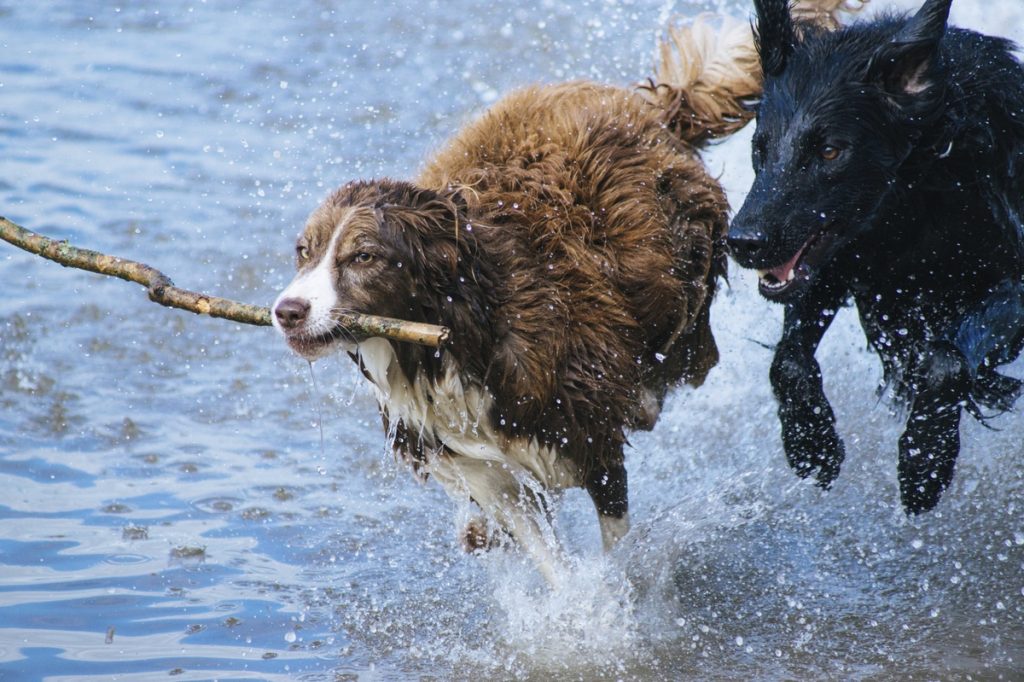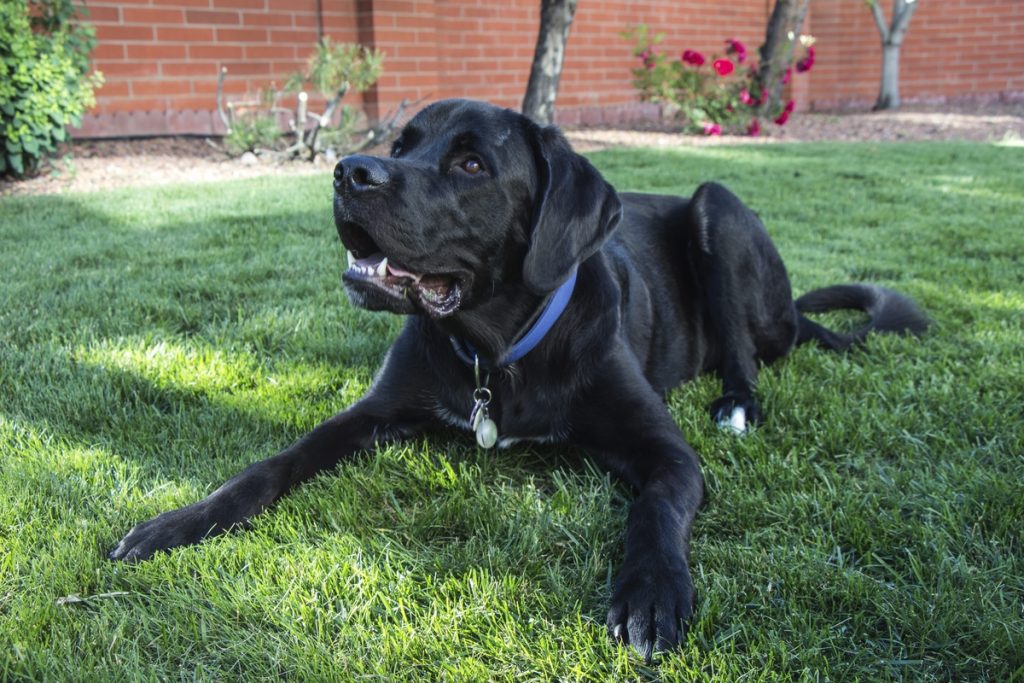Introducing The Newfoundland Dog Breed – The Aristocrat!
The Newfoundland dog is a dog named after an island. It indeed embodies its origin, being named after an island. The Newfoundland is a large dog with excellent swimming skills. Initially, they aided fishermen in drawing their nets. Although massive, they are very gentle, especially with kids, earning them the nanny nickname. Newfies, as they are affectionately called, weigh between 100 lbs to 140 lbs. Even though they are giant dogs originally, they are prone to obesity.

Color
Generally, Newfoundland’s come in black, black and white, bronze-colored and gray. Black Newfies mostly have white or tan patches but are predominantly black. Aside from the colors, the following physical features should essentially run through all Newfoundlands.
Physical Features
Newfoundland dogs are large, strong, and muscular. They have a thick, double coat that is waterproof and insulates them against the cold. The skin is usually black but can also be brown or white. They have a broad head with a square muzzle, and their ears are small and triangular. Their eyes are dark and expressive.
The body of this dog breed should be long and square, with a deep chest and powerful legs. The tail should be long enough to reach below the hocks and shouldn’t be curled over the back. The coat should be dense and rough.
Newfoundland puppies are large, fluffy dogs that make great companions. However, caring for a Newfoundland puppy requires some special considerations, as they are a high-maintenance breed.
Lifestyle
Newfoundland puppies need a lot of exercises, so daily walks or runs are a must. They also need plenty of space to run around and play, so a large yard or park nearby is ideal. In addition, Newfoundland puppies are prone to joint problems, so it’s essential to keep them at a healthy weight and not over-exercise them.

Feeding
Feeding Newfoundland puppies can be challenging, as they’re prone to weight gain. Choosing high-quality food appropriate for their age and activity level is essential. Soft foods such as boiled rice and casein milk are highly recommended at the initial stages before shifting to lean meat. They also need a lot of grooming, as their thick fur gets matted quickly. Daily brushing and baths must keep them looking their best.
Need all the love you can get from a huge fluffy dog? Then, the Newfoundland breed is worth considering.



